Media release
28 May 2025
As cities across the world adopt safer speeds, Auckland is alone in abandoning them
An international road safety expert based in Auckland condemns the city’s move to raise speed limits across over a thousand residential streets, town centres, and major public transport hubs.
“No other city in the world is ignoring the evidence and changing speed limits like this, let alone spending millions of dollars to make streets deliberately more dangerous and less efficient,” says Lennart Nout, director of Mobycon Pacific and international expert on street design. “Auckland Transport’s rush to reverse safe speeds at this scale is unprecedented in a global setting. It goes against not only many of Auckland’s own plans and policies, but against international trends and the huge body of evidence confirming the benefits of reduced speed limits on residential streets.”
Mr Nout joins a growing alliance of leading road safety experts and transport advocates who are calling on Auckland’s Mayor to urgently intervene and halt any further speed limit reversals. This will prevent Auckland Transport wasting millions of dollars on making Auckland’s streets less safe, less healthy, and less efficient. In addition over 400 people have signed an open letter to the Minister and Auckland Transport to let Aucklanders keep safe speeds.
Speaking on behalf of the group, Pippa Coom, All Aboard Aotearoa adviser and former Auckland Councillor, says “Auckland’s leaders have a responsibility to urgently call a halt on the speed raises. This will allow time for a full assessment of the safety implications and impact on communities, and will give Auckland Transport the opportunity to apply the safer NZTA-approved approach used by other cities to keep their people safe.”

“For months, we have been alerting AT’s Board and CEO to multiple red flags that show their approach to the Speed Rule makes no sense. With incoherent and incomprehensible signage now appearing on our streets, everyone can see an urgent halt is needed before it is too late. Only today a sign has been installed upside down amid a mix of contradictory speed limits around a school in the suburb of Pt Chevalier.”
“There is no doubt that AT’s actions will lead to increased road trauma, as the safer speeds currently being removed were forecast to avoid 564 Deaths and Serious Injuries (DSI) over 10 years. Other cities have found a pragmatic and sensible approach to the Speed Rule – what’s Auckland Transport’s excuse?” says Ms Coom.
“By rushing through reversions to higher speeds in our neighbourhoods, around our schools, transport hubs and town centres, AT’s leadership and their traffic engineers are directly contravening their statutory responsibilities and ethical duty to maintain a safe transport network and to reduce risks,” says Greater Auckland’s Connor Sharp. “Instead, AT is creating a Kafkaesque road safety nightmare.”
“Moreover, this is very publicly sabotaging major new investment in City Rail Link, public transport and cycling infrastructure, by raising speeds in large swathes of Meadowbank, Maungawhau, Pt Chevalier, Avondale, Homai, Te Atatū South and elsewhere [as covered in detail here by Greater Auckland]. This will produce worse urban environments with deadly consequences,” says Mr Sharp.
Mr Nout notes that Auckland is completely alone in its policy of raising speed limits. “No other city in the world is actively working on making vehicle traffic go faster, specifically targeting residential streets. Quite the opposite: cities around the world, like Paris, London and Toronto are choosing to calm traffic, not just to reduce injuries and deaths, but to create healthier, more pleasant neighbourhoods. These cities are finding that there are no downsides to reducing the speed limit. Traffic flows just as well, quality of life improves and more people choose to walk and ride. In London for example, on the streets in areas where the speed limit was reduced, the number of deaths and serious injuries dropped by a staggering 34%. That makes these measures extremely cost-effective.”
“The current trajectory is not just dangerous, it’s internationally embarrassing. A swift and sensible solution is needed before our city becomes a global laughing stock,” says Ms Coom. “Those who are responsible for Auckland’s roads must step away from this sorry path, which will harm people who live here and people who visit here. We call on the Mayor, AT and the Minister to take immediate restorative action to keep our streets safe and welcoming for all.”
ENDS

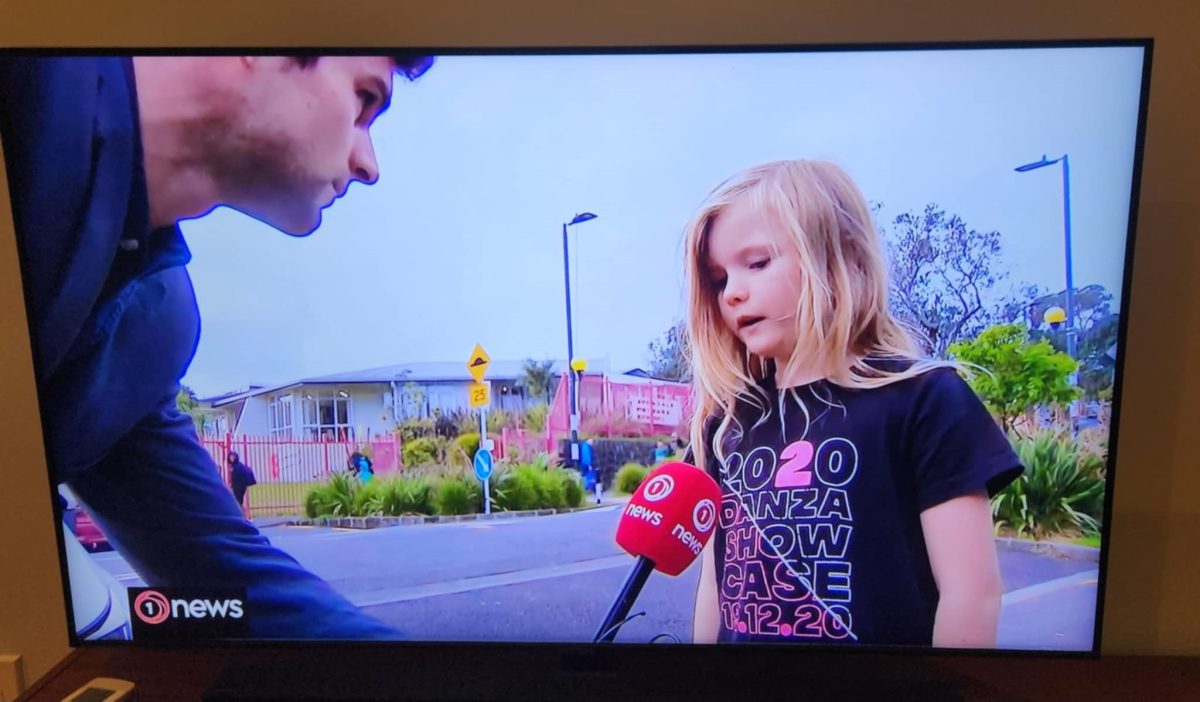

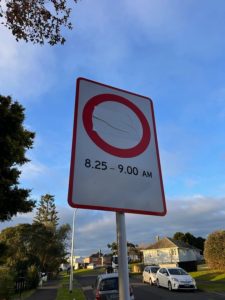
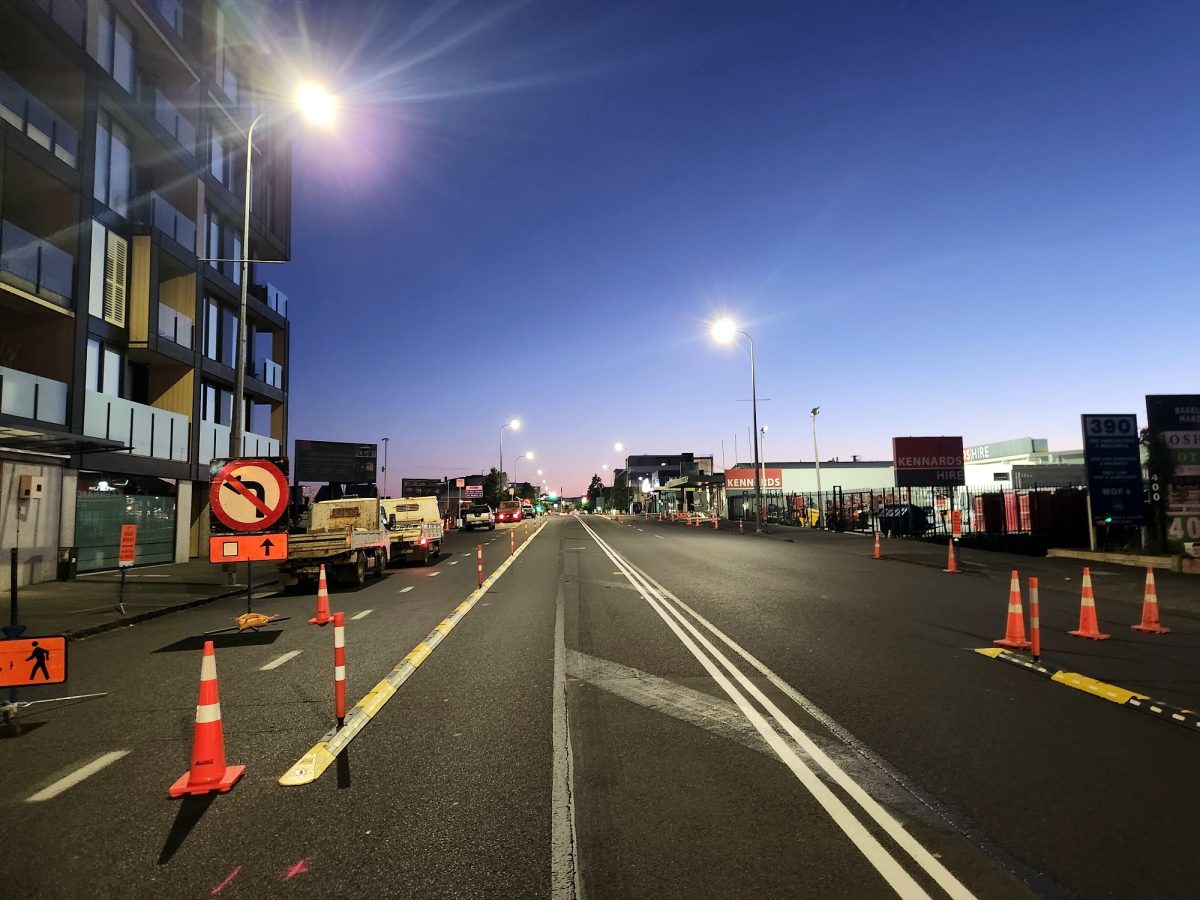
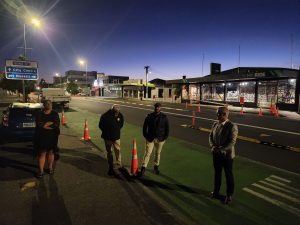

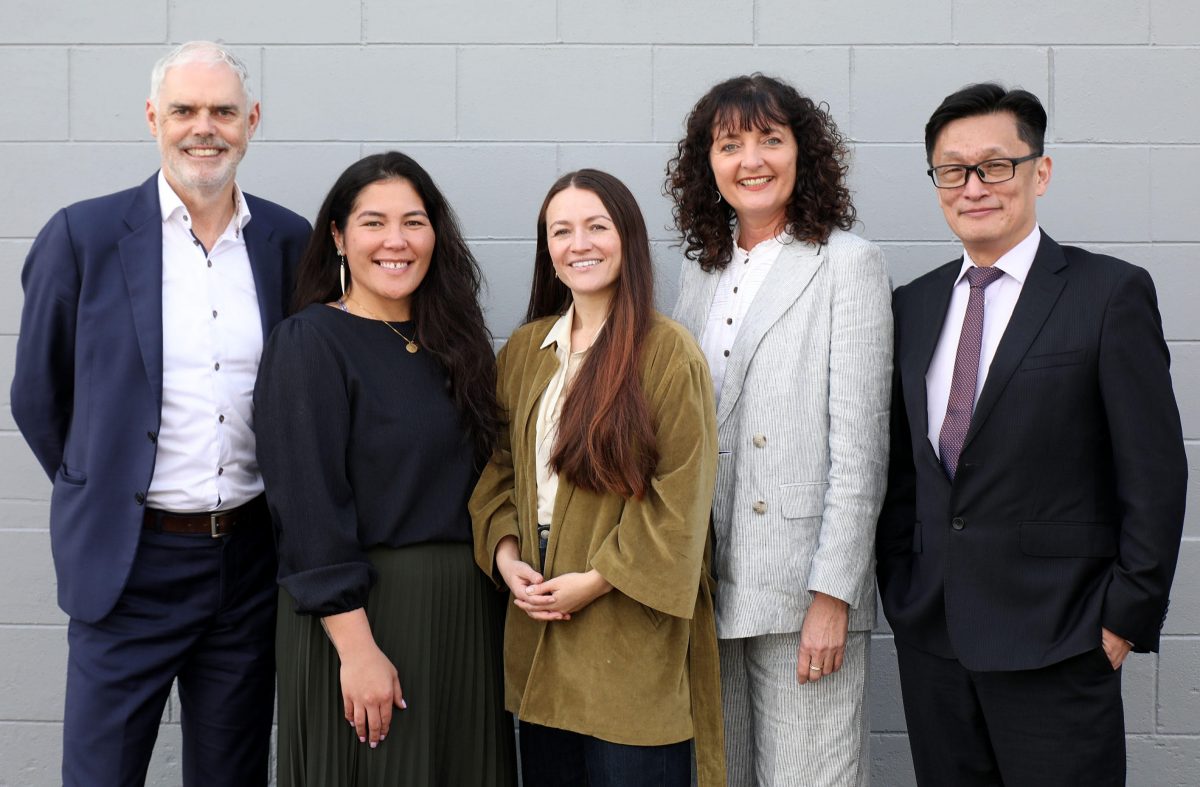







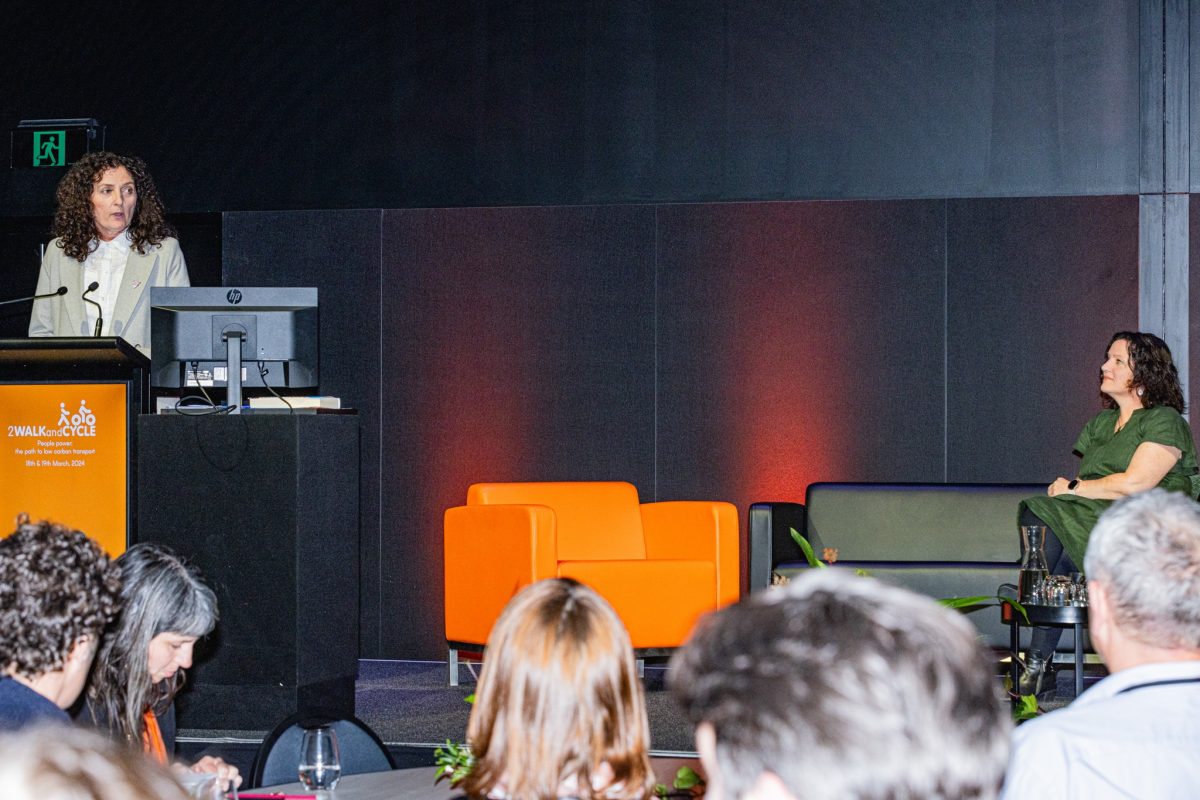














A reflection on the Mayor of Auckland to end 2023 posted on facebook and LinkedIn (please head there for any comments)
At the Helen Clark Foundation Christmas drinks last week I joked with Mayor Wayne Brown that a year ago, at the same event, hardly anyone wanted to talk to the presumed “worst ever” Mayor of Auckland so he didn’t stick around- one year on he is heartily welcomed as the Mayor to defend the city from the new government (or more specifically Simeon Brown)!
Wayne definitely rates himself as a much better Mayor than people give him credit for. It turns out his politics are quite good. It helped a lot that he quickly discovered that the councillors who he thought were his natural allies and backed him because he was ABC (Anybody But Collins) were not the ones who could be relied upon to constructively work to fix anything (the “furious few” who just say no to everything as Simon Wilson calls them). The progressive grouping of councillors have had an extremely tough year but as they’ve gotten used to a very different style of leadership they’ve achieved the wins and taken control of key positions (yay for them!). Hayden Donnell has captured the shift in power in his piece for Metro Has Wayne Brown gone Woke?
I have to credit the Mayor for his ability to change his mind once properly briefed (a trait unfortunately lacking in many politicians). He changed his view on the Te Hā Noa upgrade of Victoria St and didn’t chop Eke Panuku as he originally threatened. He hasn’t caved into Herald headlines over decisions like the Downtown Carpark redevelopment or reducing greenfields sprawl.
He has moved away from taking soundings from the “saboteurs” and discovered a much wider community of “urbanist” support (he didn’t back the Great North Road or the Pt Chev to Westmere upgrades but he didn’t block them either as the saboteurs and Mike Lee unsuccessfully attempted against the wishes of the community).
Of course I don’t support all his decisions (he was on the wrong side of history with Māori wards when leadership was needed and withdrawing membership from LGNZ was petty point scoring) and especially his plan to privatise the Ports of Auckland but there’s some surprisingly positive things coming in the draft Long Term Plan out for consultation next year like the proposal for a $50/week cap on PT fares. I’ll be cheering on if he really can deliver on “fixing” transport cheaply and quickly especially “low cost opportunities” to deliver the Auckland cycle network as AT has been directed.
None of which is to excuse the Mayor’s problematic behaviour. He has a terrible habit of blurting out inappropriate comments and offensive remarks. Sometimes it can be funny and I don’t think he intends to cause harm (mostly) but unfortunately his un-PC style has resulted in a culture from the top that has unleashed the worst from some councillors and seen excellent council staff leave. There are really decent and smart people in the Mayor’s office who must be hoping for a fresh approach in 2024.